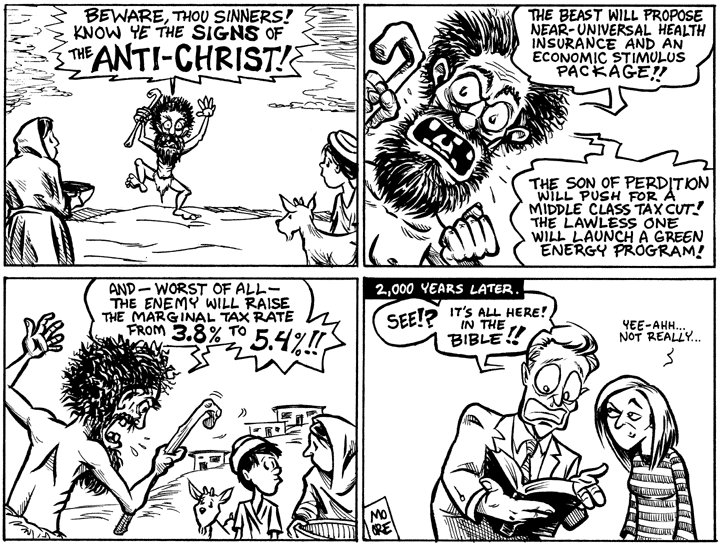
An Evangelical preacher recently said:
Evidence for the Bible is everywhere, including outer space. We just have to be willing to look for it in a credible manner that brings glory to God. He does not lie, and the presence of water in Space shows us that God does not lie about biblical events. We know God did it because he told us he did it, and the evidence comes to shore up Christian faith when the time is right. As Christians, we do not need physical evidence. We just need to believe God because he does not lie.
And this is why having a discussion or debate with an Evangelical Christian is usually a waste of time. Discuss and debate if you must, but you won’t win. Why? When shown their beliefs and practices are false, what do Evangelicals do? Do they admit they are wrong? Do they admit you are right? Do they deconvert? Do they admit to having serious questions and doubts about their faith? Of course not, silly boy. When cornered, Evangelicals run to the safety of the house of faith and the inerrancy/infallibility of the Bible. Within the house of faith, all is ordered and well, and the Bible is true. Everything is right in this house. Of course, toking marijuana gives the same result — in my professional opinion. 🙂 It is only when Evangelicals venture outside the house of faith that change is possible. For it is in the world that they will find their beliefs and practices questioned, challenged, and overcome. Over the years, many devout Evangelicals and IFB Christians have stumbled upon this site, only to crawl away beaten and bruised, with more questions than answers.
Is my goal to evangelize for atheism? Nope. I don’t do it — ever. I am just one man with a story to tell. If my writing troubles someone or causes them to question or doubt, that’s on them. If they contact me, I will help them any way I can. I’m content to answer sincere questions and suggest books for people to read. Whatever they do with what they learn is up to them. Do some of them deconvert or move on to what I call “kinder, gentler Christianity?” You bet, and I am glad they did. Some sects of Christianity are more harmful than others. Evangelicalism, the IFB church movement, Mormonism, Jehovah’s Witnesses, and Catholicism come to mind. These sects might be “right” about religion, but they sure cause a lot of harm, both physically and psychologically.
Bruce Gerencser, 68, lives in rural Northwest Ohio with his wife of 47 years. He and his wife have six grown children and sixteen grandchildren. Bruce pastored Evangelical churches for twenty-five years in Ohio, Texas, and Michigan. Bruce left the ministry in 2005, and in 2008 he left Christianity. Bruce is now a humanist and an atheist.
Your comments are welcome and appreciated. All first-time comments are moderated. Please read the commenting rules before commenting.
You can email Bruce via the Contact Form.









